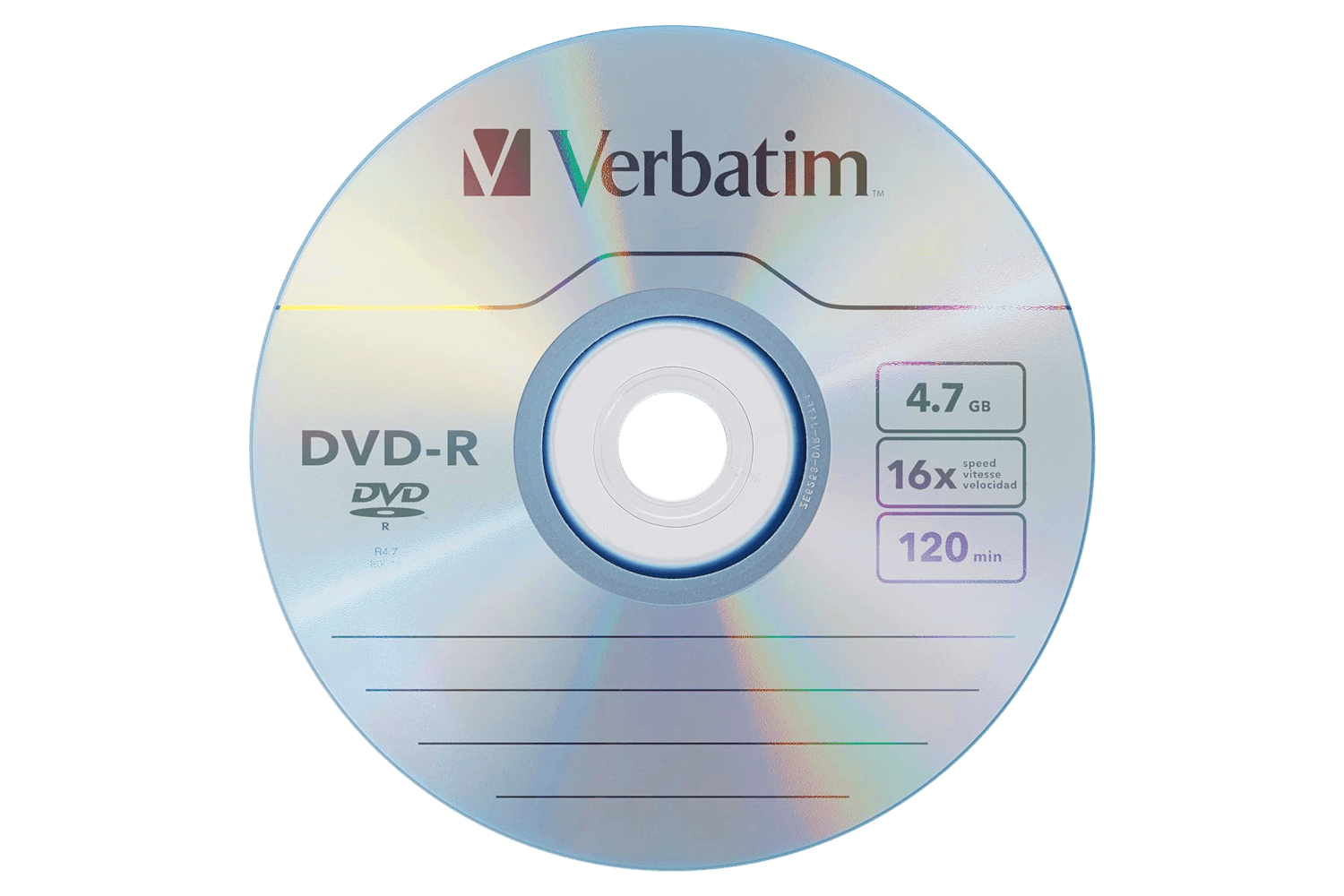Optical Media
Optical media is a type of data storage that uses lasers to read data from a removable plastic disc. Most optical discs are written to once by stamping encoded data into the underside of a disc's metal coating. Recordable discs can be written to by a computer's optical drive, and special rewritable discs can be erased and rewritten multiple times. CDs, DVDs, and Blu-rays are the most common optical media formats, and are often used to distribute music, videos, games, and other software.
Instead of storing data using magnetic charges, optical media encodes digital data using a series of bumps and pits on the underside of a disc's metallic coating. As the disc spins in the drive, a laser scans those bumps and pits and decodes the patterns into readable data. Each new optical media format shrinks the size of these bumps and pits, uses a narrower laser to read them, and spins the disc faster to provide enough bandwidth to stream the disc's contents. For example, a CD has pits that are 800 nm long and spins at around 250 revolutions per minute (RPM), while a Blu-ray disc has pits only 150 nm long and spins at more than 1,800 RPM.
Like other types of data storage, optical media has some advantages and some drawbacks. The largest benefit is that optical media discs are inexpensive to manufacture, especially when pressing thousands of copies of the same disc. When properly stored in dry, stable conditions, optical discs have a lifespan of several decades. However, optical disc data transfer rates are slow compared to hard disk drives and SSDs. They can also be damaged by scratches to the top and bottom surface of the disc when not stored in a protective case.

 Test Your Knowledge
Test Your Knowledge